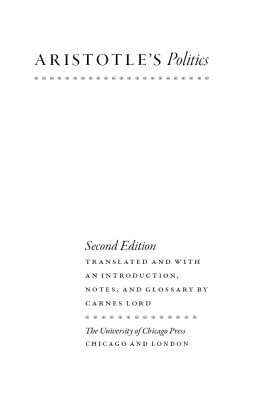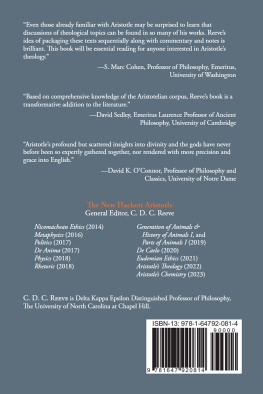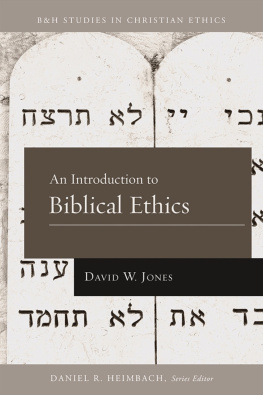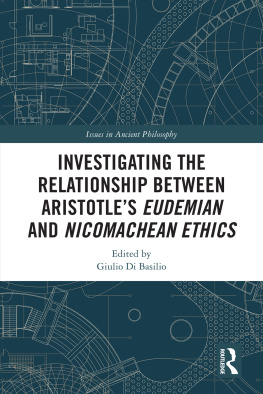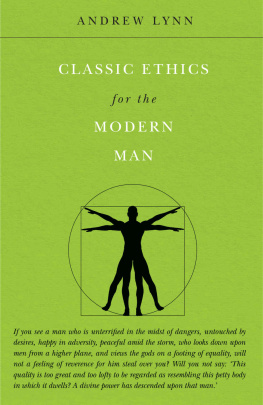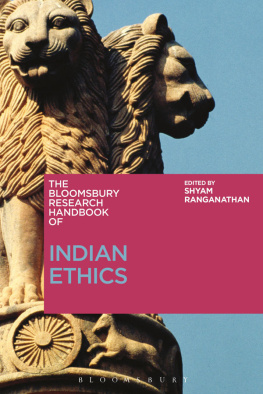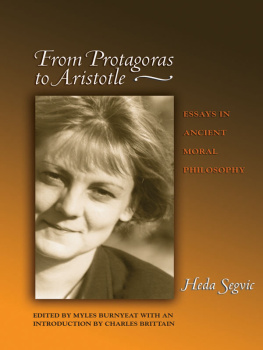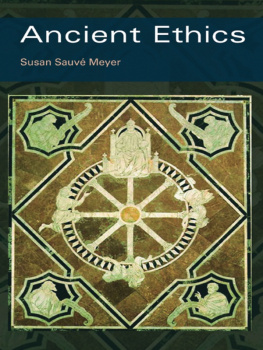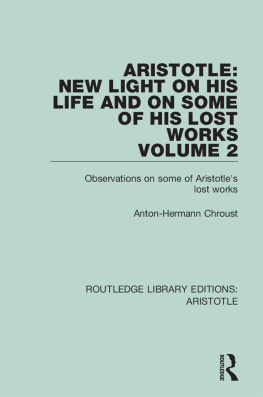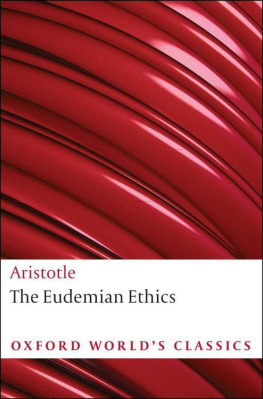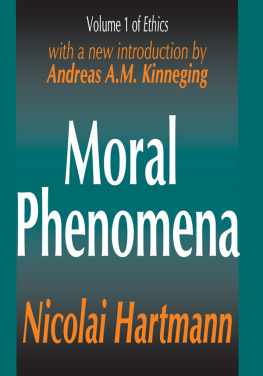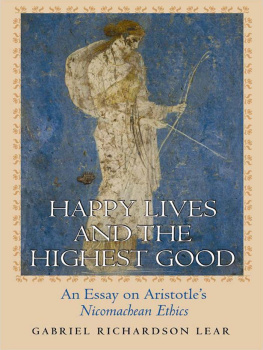Aristotle - The Eudemian ethics
Here you can read online Aristotle - The Eudemian ethics full text of the book (entire story) in english for free. Download pdf and epub, get meaning, cover and reviews about this ebook. City: Oxford, year: 2020;2011, publisher: Oxford University Press, genre: Religion. Description of the work, (preface) as well as reviews are available. Best literature library LitArk.com created for fans of good reading and offers a wide selection of genres:
Romance novel
Science fiction
Adventure
Detective
Science
History
Home and family
Prose
Art
Politics
Computer
Non-fiction
Religion
Business
Children
Humor
Choose a favorite category and find really read worthwhile books. Enjoy immersion in the world of imagination, feel the emotions of the characters or learn something new for yourself, make an fascinating discovery.

- Book:The Eudemian ethics
- Author:
- Publisher:Oxford University Press
- Genre:
- Year:2020;2011
- City:Oxford
- Rating:4 / 5
- Favourites:Add to favourites
- Your mark:
- 80
- 1
- 2
- 3
- 4
- 5
The Eudemian ethics: summary, description and annotation
We offer to read an annotation, description, summary or preface (depends on what the author of the book "The Eudemian ethics" wrote himself). If you haven't found the necessary information about the book — write in the comments, we will try to find it.
The Eudemian ethics — read online for free the complete book (whole text) full work
Below is the text of the book, divided by pages. System saving the place of the last page read, allows you to conveniently read the book "The Eudemian ethics" online for free, without having to search again every time where you left off. Put a bookmark, and you can go to the page where you finished reading at any time.
Font size:
Interval:
Bookmark:
OXFORD WORLDS CLASSICS
THE EUDEMIAN ETHICS
ARISTOTLE (384322 BC), with Plato one of the two greatest philosophers of antiquity, and in the view of many the greatest philosopher of all time, lived and taught in Athens for most of his career. He began as a pupil of Plato, and for some time acted as tutor to Alexander the Great. He left writings on a prodigious variety of subjects, covering the whole field of knowledge from biology and astronomy to rhetoric and literary criticism, from political theory to the most abstract reaches of philosophy. He wrote two treatises on ethics, called Eudemian and Nicomachean after their first editors, his pupil Eudemus and his son Nicomachus. The Nicomachean Ethics is much better known, but the Eudemian Ethics too has a claim to be a mature expression of Aristotles ethical thought.
SIR ANTHONY KENNY is an Emeritus Fellow of St Johns College, Oxford. He is a former Master of Balliol College and Pro-Vice-Chancellor of the University of Oxford and was President of the British Academy from 1989 to 1993. His many books include The Aristotelian Ethics (1978), Aristotles Theory of the Will (1979), and Aristotle on the Perfect Life (1992). His most recent book is A New History of Western Philosophy (2010).
OXFORD WORLDS CLASSICS
For over 100 years Oxford Worlds Classics have brought readers closer to the worlds great literature. Now with over 700 titles from the 4,000-year-old myths of Mesopotamia to the twentieth centurys greatest novels the series makes available lesser-known as well as celebrated writing.
The pocket-sized hardbacks of the early years contained introductions by Virginia Woolf, T. S. Eliot, Graham Greene, and other literary figures which enriched the experience of reading. Today the series is recognized for its fine scholarship and reliability in texts that span world literature, drama and poetry, religion, philosophy, and politics. Each edition includes perceptive commentary and essential background information to meet the changing needs of readers.
Refer to the to navigate through the material in this Oxford Worlds Classics ebook. Use the asterisks (*) throughout the text to access the hyperlinked Explanatory Notes.
OXFORD WORLDS CLASSICS

ARISTOTLE

Translated with an Introduction and Notes by
ANTHONY KENNY


Great Clarendon Street, Oxford OX2 6DP
Oxford University Press is a department of the University of Oxford.
It furthers the Universitys objective of excellence in research, scholarship,
and education by publishing worldwide in
Oxford New York
Auckland Cape Town Dar es Salaam Hong Kong Karachi
Kuala Lumpur Madrid Melbourne Mexico City Nairobi
New Delhi Shanghai Taipei Toronto
With offices in
Argentina Austria Brazil Chile Czech Republic France Greece
Guatemala Hungary Italy Japan Poland Portugal Singapore
South Korea Switzerland Thailand Turkey Ukraine Vietnam
Oxford is a registered trade mark of Oxford University Press
in the UK and in certain other countries
Published in the United States
by Oxford University Press Inc., New York
Anthony Kenny 2011
The moral rights of the author have been asserted
Database right Oxford University Press (maker)
First published as an Oxford Worlds Classics paperback 2011
All rights reserved. No part of this publication may be reproduced, stored in a retrieval system, or transmitted, in any form or by any means, without the prior permission in writing of Oxford University Press, or as expressly permitted by law, or under terms agreed with the appropriate reprographics rights organization. Enquiries concerning reproduction outside the scope of the above should be sent to the Rights Department, Oxford University Press, at the address above
You must not circulate this book in any other binding or cover
and you must impose this same condition on any acquirer
British Library Cataloguing in Publication Data
Data available
Library of Congress Cataloging in Publication Data
Data available
Typeset by Glyph International, Bangalore, India
Printed in Great Britain
on acid-free paper by
Clays Ltd, St Ives plc
ISBN 978-0-19-958643-1
1 3 5 7 9 10 8 6 4 2
ARISTOTLE was born in 384, fifteen years after the death of Socrates, in the small colony of Stagira, on the peninsula of Chalcidice. He was the son of Nicomachus, court physician to the father of King Philip II of Macedon. After the death of his father he migrated to Athens in 367, being then 17, and joined Platos Academy there. He remained for twenty years as Platos pupil and colleague, and it can safely be said that on no other occasion in history was such intellectual power concentrated in a single institution.
One of Aristotles many claims on posterity is that he was the founder of the discipline of logic. His most important works on the subject are the Categories, the De Interpretatione, and the Prior Analytics. These set out his teaching on simple terms, on propositions, and on syllogisms. They were grouped together, with two works of informal logic, and a treatise on scientific method, the Posterior Analytics, into a collection known as the Organon, or tool, of thought.
While Aristotle was at the Academy, King Philip II adopted an expansionist policy and waged war on a number of Greek city-states, and made himself master of Greece. It cannot have been an easy time for a Macedonian in Athens. Within the Academy, however, relations seem to have remained cordial. Aristotle always acknowledged a great debt to Plato, whom on his death he described as the best and happiest of mortals whom it is not right for evil men even to praise.
Already, however, during his period at the Academy, Aristotle began to distance himself from Platos most famous doctrine, the Theory of Ideas. In his surviving works Aristotle often takes issue with the theory. Sometimes he does so politely, as where, in the Nicomachean Ethics, he introduces a series of arguments against the Idea of Good with the remarks that he has an uphill task because the Forms were introduced by his good friends. However, his duty as a philosopher is to honour truth above his friends. In the Posterior Analytics, however, he dismisses Ideas contemptuously as tarradiddle.
When Plato died in 347, his nephew Speusippus became head of the Academy, and Aristotle left Athens. He migrated to Assos on the north-western coast of what is now Turkey, a city under the rule of Hermias, a graduate of the Academy, who had already invited a number of Academicians to form a new philosophical institute there. During his period in Assos, and during the next few years when he lived at Mytilene on the island of Lesbos, Aristotle carried out extensive scientific research, particularly in zoology and marine biology.
Hermias met a tragic death in 345 and about three years later Aristotle was summoned to the Macedonian capital by King Philip II as tutor to his 13-year-old son, the future Alexander the Great. We know little of the content of his instruction: the
Next pageFont size:
Interval:
Bookmark:
Similar books «The Eudemian ethics»
Look at similar books to The Eudemian ethics. We have selected literature similar in name and meaning in the hope of providing readers with more options to find new, interesting, not yet read works.
Discussion, reviews of the book The Eudemian ethics and just readers' own opinions. Leave your comments, write what you think about the work, its meaning or the main characters. Specify what exactly you liked and what you didn't like, and why you think so.


